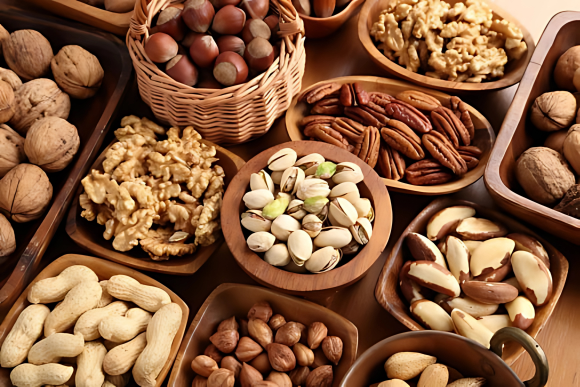Unlocking the Keto Diet: Discover the Benefits, Risks, and Delicious Sample Menus

The ketogenic diet (or keto diet) is a diet that puts the body into a state of ketosis. In this state, fats become the main source of energy, rather than carbohydrates. This approach can yield numerous positive effects, including weight loss, blood sugar stabilization, and enhanced cognitive function. Basic principles of the keto diet The basic idea of the keto diet With such a diet, glycogen reserves in the muscles and liver are quickly depleted, and the body begins to produce ketone bodies from fat reserves, which become an alternative fuel for the brain and muscles. Benefits of the keto diet: 1. Weight Loss: Reducing carbohydrates and switching to burning your own fat helps you lose weight sustainably. 2. Stabilizes Blood Sugar Levels: The keto diet helps regulate blood glucose levels, which is beneficial for people with metabolic disorders. 3. Appetite control: Increased amounts of fat and protein help to maintain a feeling of satiety for a long time. 4. Improved cognitive functi...


